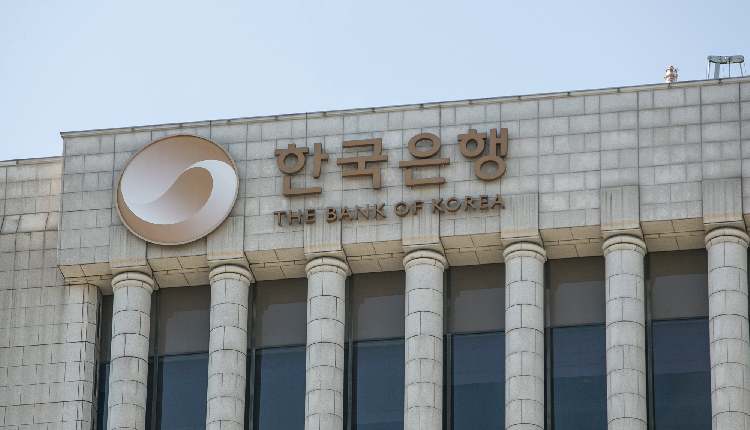The Bank of Korea (BOK) kept the base rate unchanged at 3.50 per cent on Thursday, with the board “preferring to maintain its current restrictive policy stance.” This decision reflects the Bank’s Monetary Policy Board’s careful assessment of current economic conditions and financial stability.
“Inflation has continued its downward trend and the recovery in domestic demand has been modest. However, it is still necessary to further monitor how recent government measures concerning the housing market are affecting real estate prices in Seoul and its surrounding areas and household debt, and how
the risk-off sentiment in global markets evolves and affects the vigilance of foreign exchange markets from a financial stability perspective.” BOK statement read. “In light of these, the Board sees that it is appropriate to maintain its current restrictive policy stance.”
South Korea’s inflation has maintained its underlying trend of slowing down. In July, the consumer price inflation rate increased to 2.6 per cent due to accelerated price increases in petroleum products. However, the core inflation rate – excluding changes in food and energy prices from the CPI – remained unchanged at 2.2 per cent. Additionally, the short-term inflation expectations have fallen to the upper 2 per cent range.
Inflation Projections
Looking ahead, BOK expects inflation to continue its slowing trend, “owing to the base effect from the sharp rises in global oil and agricultural product prices last year and due to modest demand pressure.”
“Consumer price inflation is anticipated to fluctuate in the low 2 per cent range for some time,” BOK said, with an annual rate projected to be 2.5 per cent for this year, slightly below the May forecast of 2.6 per cent.
“For next year, the inflation rate is expected to align with the previous forecast of 2.1 per cent. Core inflation is expected to be 2.2 per cent in 2024 and 2.0 per cent in 2025, consistent with the May forecast. The future path of inflation is likely to be affected by movements in global oil prices and exchange rates, fluctuations in agricultural product prices, and adjustments in public utility fees.”
The global economy is growing moderately but with increased uncertainty impacting financial markets and exchange rates. The BoK’s decision aims to balance inflation control with economic growth and financial stability.
Attribution: Bank of Korea Monetary Policy Decision
Subediting: Y.Yasser


